Bangladesh bought phone-hacking tools from Israel: Documents reveal
Recent documents show that the Bangladeshi government spent at least $330,000 on the acquisition of phone-hacking equipment produced by an Israeli digital intelligence company, despite claims that the Asian country has no relations with the regime.
Documents obtained by the Qatar-based al-Jazeera television news network reveal that Bangladeshi officials have bought Universal Forensic Extraction Device (UFED), which is produced by Israeli Cellebrite firm and capable of accessing and extracting data from a wide range of mobile phones.
It remains unknown whether UFED was provided to Bangladesh directly by the Israeli company or via a Cellebrite subsidiary, presumably with the intention to conceal its origins.
The documents also revealed contracts signed in 2018 and 2019. They are from the Public Security Division – a department of the Bangladesh Ministry of Home Affairs responsible for domestic security and whose agencies include the Bangladesh police force and border guards.
The revelation went on to expose how nine officers from the country’s Criminal Investigations Department traveled to Singapore in February 2019 to receive training on UFED to enable them to hack encrypted phone data.
It outlines how the Bangladeshi staff would ultimately qualify as Cellebrite Certified Operators and Cellebrite Certified Physical Analysts.
The documents also say the elite Rapid Action Battalion, which is reportedly notorious for a well-documented record of abductions, torture and arbitrary disappearances, would be trained to use Cellebrite’s hacking systems.
Last month, al-Jazeera revealed that the Bangladesh military in 2018 struck a deal to acquire mobile phone interception equipment from Israeli firm Picsix Ltd.
In February 2019, Bangladeshi officers received training by Israeli intelligence experts in the Hungarian capital, Budapest.
The Bangladeshi Ministry of Defense asserted at the time that P6 Intercept passive mobile phone monitoring system was made in Hungary and was purchased for use on United Nations missions. The world body later rejected the claim, though.
The leaked documents show that the Bangladeshi government is investing heavily in electronic surveillance systems, and is using a wide range of devices – from WiFi interceptors and surveillance drones to IMSI-catchers, a tool that emulates cell towers to trick cellular devices into revealing their locations and data, for such a purpose.
Back in 2018, Bangladesh passed its Digital Security Act (DSA), which gives security forces authority to arrest and incarcerate journalists and political activists who publish posts critical of the government online. The move was met with international criticism and stiff opposition from civil rights organization.
Eitay Mack, an Israeli human rights lawyer who has been fighting the export of the Tel Aviv regime’s know-how that could be used for human rights violations, elaborated on the ability of intrusive technologies that Bangladesh has bought from Israel.
“You’re able to take all information about the person’s life, about their relationships, medical records, name of friends and in the case of journalists the names of a source,” Mack said.
He added that Israel uses the exports of surveillance tools to build relationships with countries with poor human rights records such as Bangladesh, South Sudan and the United Arab Emirates.
“Exporting these tools is easier than, for example, selling Bangladesh Israeli rifles. These kinds of systems are less present and this is how Israel is able to create secret relationships with these countries,” Mack noted.
“This kind of relationship means that Israel is helping local repression in many places around the world,” he pointed out.
Bangladesh does not recognize Israel and does not have diplomatic relations with the Tel Aviv regime.
In response to speculation in recent months that Israel was working towards formalizing ties with an Asian country, a foreign ministry official in Dhaka told Reuters that Bangladesh’s position remained the same, and that the country was not interested in a normalization deal with Israel.
US fighter aircraft shot down ‘in friendly fire’ amid aggression on Yemen
Yemeni FM: Israel’s sponsors accountable for ongoing aggression on Sana’a
Eight Palestinians killed as Israel attacks Gaza school, hospitals
VIDEO | Rome, Milan host new protests in solidarity with Palestinians
Dec. 21: ‘Axis of Resistance’ operations against Israeli occupation
Spain jurists demand ties with Israel ties be cut
VIDEO | Press TV's news headlines
VIDEO | Iran honors top Science Olympiad medalists


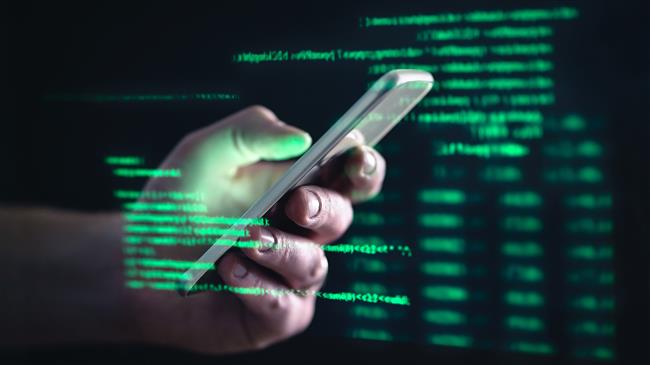







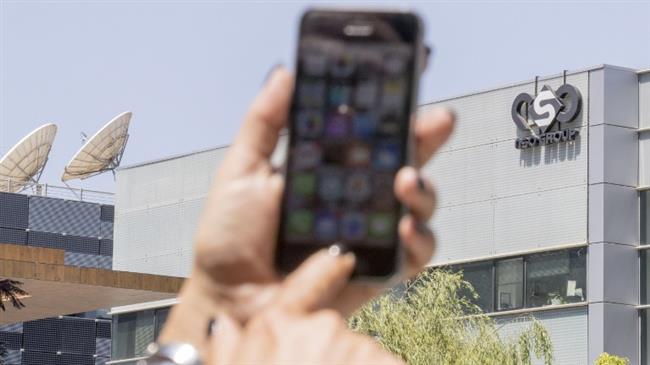
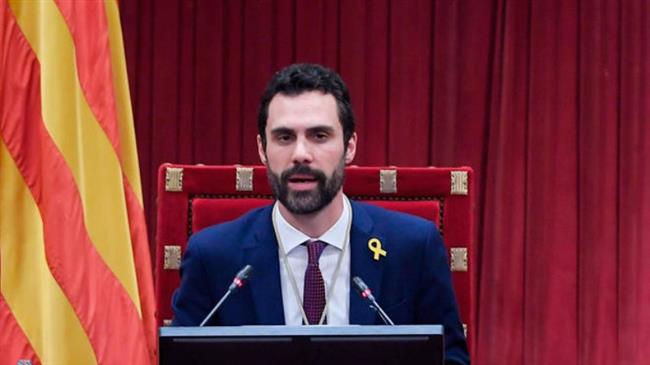
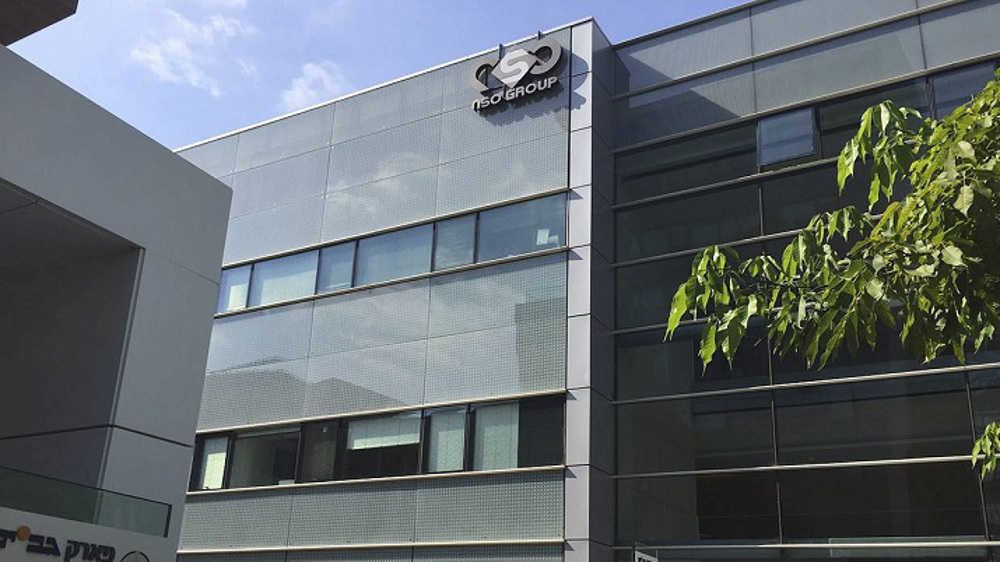
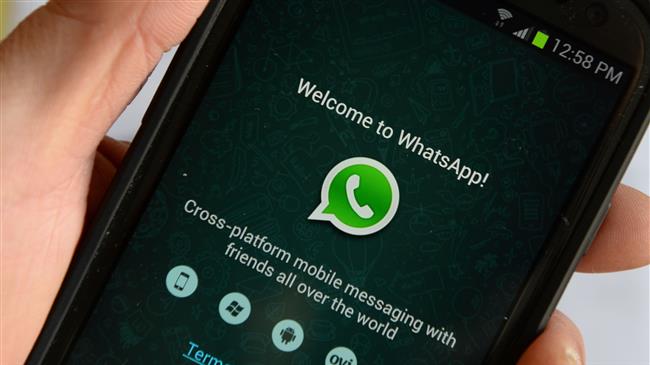
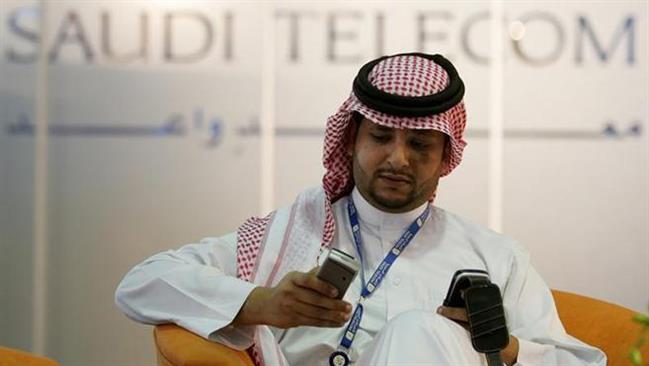
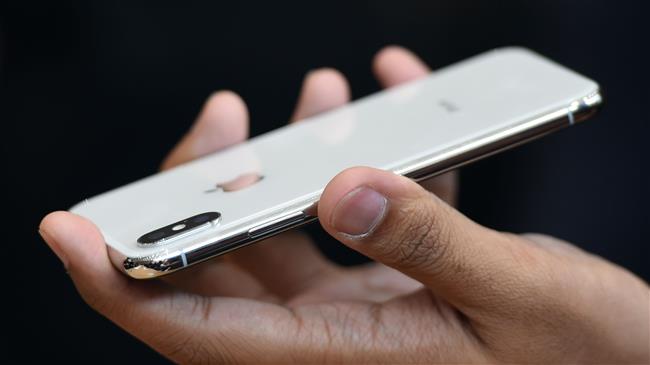
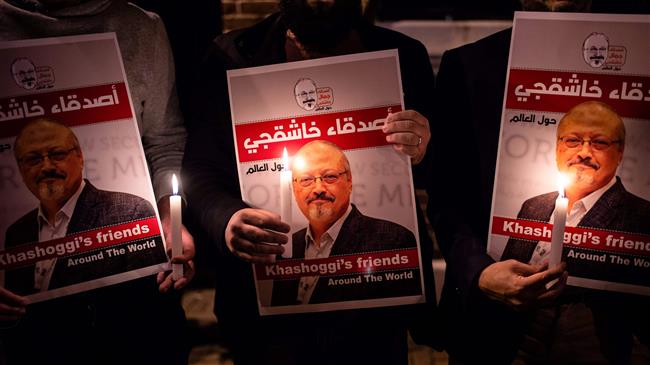
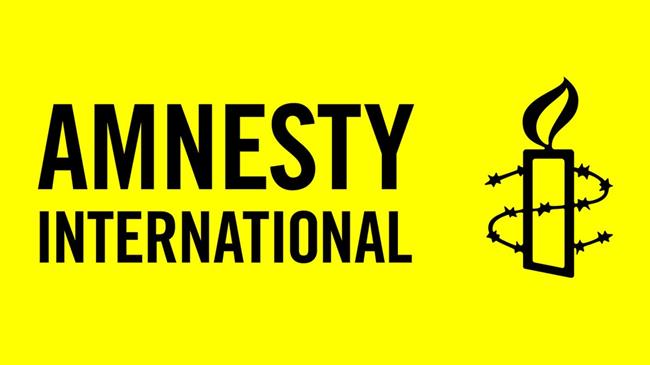
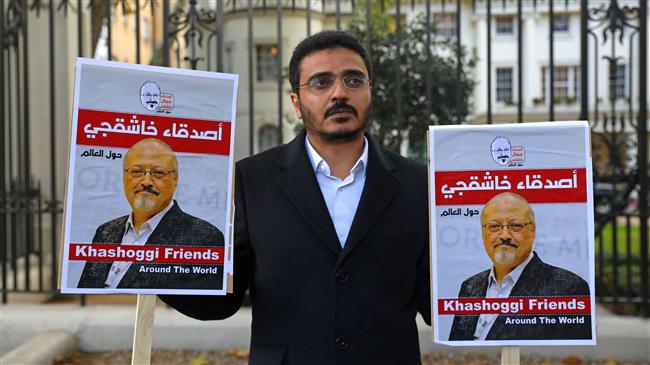
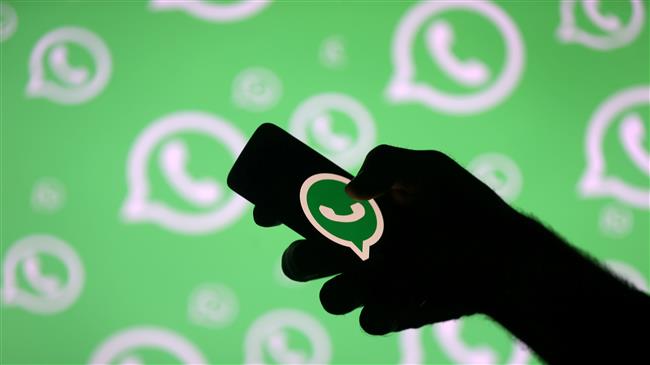

 This makes it easy to access the Press TV website
This makes it easy to access the Press TV website